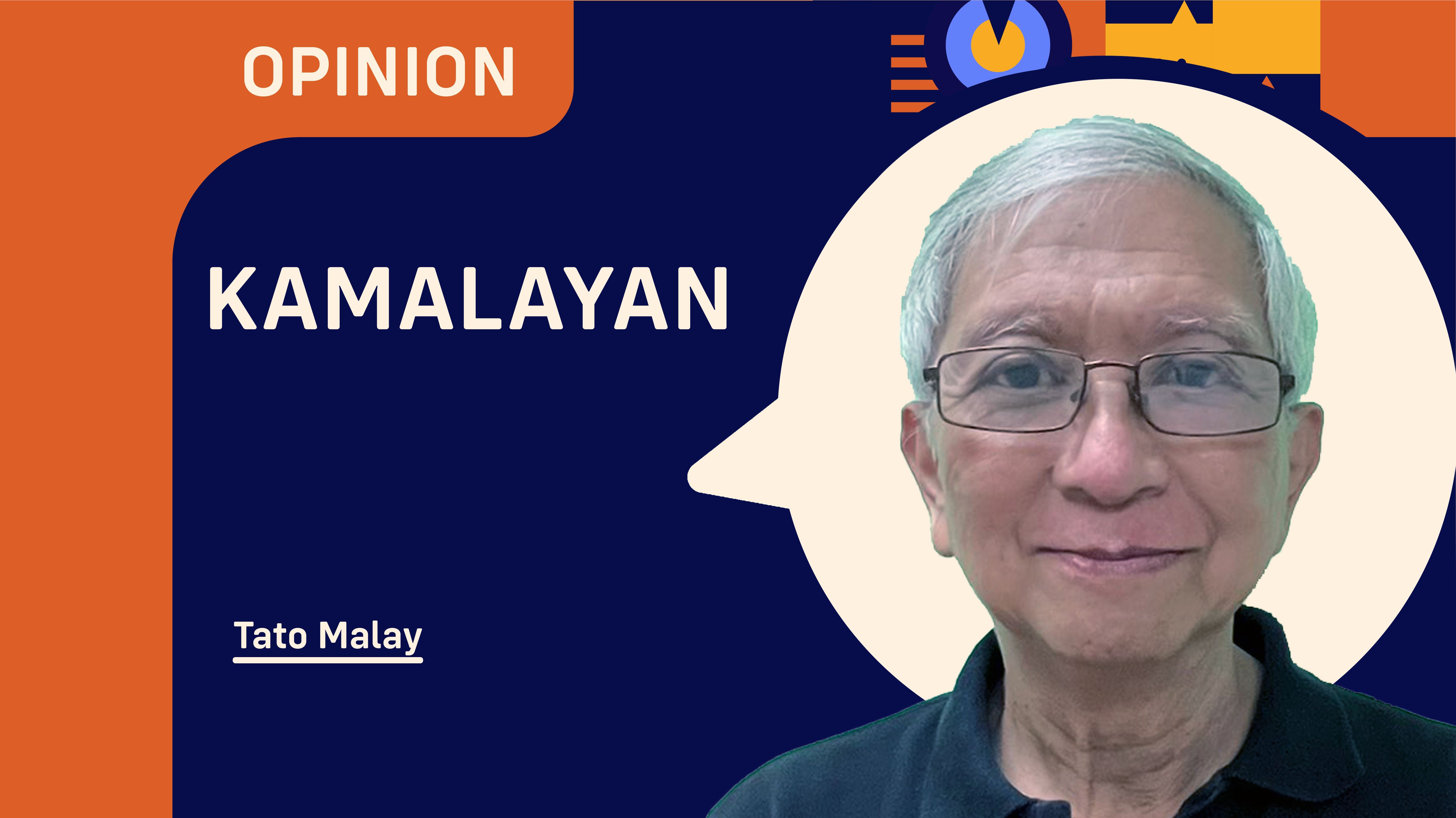Only through this change in consciousness can we navigate the challenges and build a better world for generations to come... Overcoming these cultural barriers is crucial for the Philippines to break free from poverty and achieve sustainable development.
Filipinos are believed to have a predisposition towards poverty due to their unchanging culture, rather than the government system in place. The culture is seen as resistant to development for various reasons, including a perceived lousy work ethic.
The folklore character Juan Tamad symbolizes laziness and needs to be eliminated from our mindset. The predominant Catholic religion is often accused, whether justly or unjustly, of impeding national prosperity by emphasizing spiritual rewards over material wealth, considering the pursuit of riches as sinful and promising rewards in heaven instead. This promotes a scarcity mindset rather than an abundance mindset.
Trust is primarily placed in family members, leading to skepticism towards others.
There is a reluctance to pursue long-term goals and engage in programs that require significant effort. The desire to enjoy life in the present takes precedence over sacrificing for the future.
Progressive education has been neglected, and financial literacy has not been adequately taught, which perpetuates the cycle of poverty. Without financial literacy, individuals are unable to break free from poverty's chains. Discipline is lacking in various aspects of life.
Furthermore, job security is prioritized over entrepreneurship. This preference is driven by risk aversion and limited access to capital. The lack of support systems and financial knowledge discourages individuals from venturing into entrepreneurship and realizing their full potential.
The crisis we face today is not solely a result of leadership or governmental failures, but rather a failure to effectively communicate and embrace a new belief system that is crucial in our rapidly changing world. We live in an era where old paradigms no longer suffice, where interconnectedness and interdependence have become undeniable realities. Our challenges, be it climate change, social inequality, or global health crises, demand a shift in consciousness.
This change in consciousness entails recognizing the interconnectedness of all life and acknowledging our responsibility to the planet and its inhabitants. It involves promoting empathy, collaboration, and sustainable practices as guiding principles. To overcome the crisis, we must foster a collective understanding that prioritizes long-term well-being over short-term gains.
Leadership and government play pivotal roles in facilitating this shift, but they cannot do it alone. It requires individuals, communities, and organizations to actively participate and embrace new ways of thinking and behaving. We must communicate, educate, and inspire one another to embrace this new belief system, fostering a global mindset that values compassion, cooperation, and a sustainable future. Only through this change in consciousness can we navigate the challenges and build a better world for generations to come.
In summary, Filipinos are often associated with a cultural inclination towards poverty. This is attributed to an unchanging culture that resists development, a perceived lousy work ethic, religious influences, scarcity mindset, distrust of outsiders, aversion to long-term goals, lack of progressive education and financial literacy, and a preference for job security over entrepreneurship. Overcoming these cultural barriers is crucial for the Philippines to break free from poverty and achieve sustainable development.
#Kamalayan
#OpinYon
